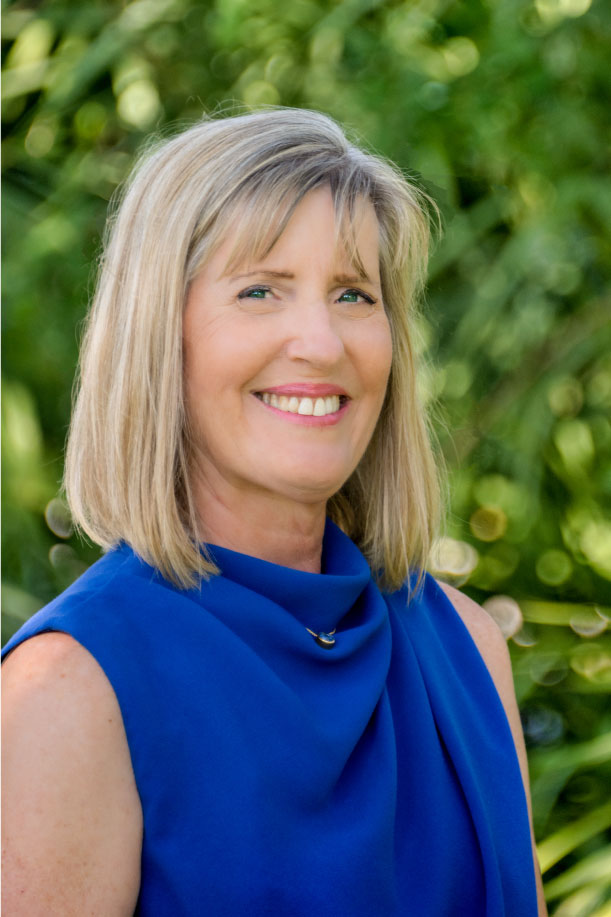The Conscious Child

Julie McGue
Author
I watch my fifteen-month-old grandson’s face as his mother corrects him about dropping food.
“Sweetie, you’re not supposed to feed the dog,” she says, shaking her head. “He’s had his dinner. Your food isn’t good for him.”
I admire my daughter-in-law’s patience, and her penchant for speaking to her only child as if he might comprehend adult logic. So too, I wonder what’s going on in his mind. Since his speech is limited at this stage to a few words like “Mama,” “Dada,” and “bah” for ball, I’m not surprised when all he does is stare back at his mother in silence. Yet, I notice he doesn’t push any more pasta off the highchair tray.
A few weeks ago, a video of a mother asking her one-year-old daughter if she wanted to go to the Four Seasons hotel in Orlando went viral. It garnered millions of views and likes on TikTok. In the clip, the dad is holding the toddler while the mother who is off camera poses the now infamous question. The baby immediately puts up her hand and shouts, “Me!”
The gist of the hoopla surrounding the video is about how “conscious” the baby seemed, and her remarkable ability to understand and react to her mother’s question. Since the video was posted, “the conscious child” has been the subject of many radio and TV programs. (In case you’re wondering, the Four Seasons Hotels and Resorts responded to the viral moment on their own TikTok account, writing over the video, “Who wants to welcome our newest ambassador to Four Seasons Orlando?”)
If my grandson hadn’t been roughly the same age as the young girl now dubbed “the conscious child,” I’m certain I’d have only been peripherally interested in the matter. But because I was curious about her awareness and his, and what the pair might be capable of truly comprehending, I puzzled:
When does the magical journey of consciousness begin?
The renown educator Dr. Montessori described the absorbent mind as one that soaks up knowledge quickly and effortlessly. Learning experts like Dr. Montessori deem the mind as consciously absorbent from birth to age six. Children are considered unconsciously absorbent from infancy to three as they make sense of the world around them.
The conscious or absorbent mind is an active thinker, wants to discuss things, and will listen as something is explained to them. This notion puts meaning to my grandson’s behavior, i.e. listening to his mother about not offering human food to a pet. Dr. Montessori posits that children straddle the unconscious and conscious as they learn words and formulate sentences. This learning theory offers an explanation about how the one-year-old toddler in the TikTok video has the capacity to react to her mother’s question.
Those who are critical of the post have suggested that the toddler was more likely to have been reacting to cues in the surrounding environment– like her sister’s gleeful reaction– and those hints caused her to shout out, “Me!” Due to the girl’s limited speech and inability to explain her reaction fully, we’ll never know what she was thinking at that moment.
As a writer who spends a great deal of effort resurrecting memories, reflecting and making sense of them, I have another query:
I wonder if later in life whether “the conscious child” will have any recall of her mother’s question, “Who wants to stay at the Four Seasons hotel in Orlando?”
If researchers are correct—children are around 2.5 years of age when they start making long-term memories—then it’s unlikely that the toddler will remember anything at all about this incident. (She will of course have knowledge of it because of the video.)
The ripple effect of this incident of “the conscious child” has made certain points evident. Our children—even as early as infancy and toddlerhood—are paying attention to everything we do and say, and to the environment in which they are exposed. They are formulating ideas and opinions based on every ounce of stimuli entering their absorbent minds.
To me, the ripple effect of the video can be summarized as this:
Regardless of age, we must give all children more credit with respect to what they know and are capable of absorbing. And we need to be cognizant and respectful about the quality and quantity of input they receive.
“Education never ends, Watson.
It is a series of lessons with the greatest saved for the last.”
–Sherlock Holmes
Follow Me Here
On June 20th, Julie will guest on the In-Te-Great-Ness podcast with hosts Jason and Jolene who discuss everything from trauma to healing.
This summer, Julie is taking a well needed break from podcasts and events as she prepares for the launch of her third book, Twice the Family: A Memoir of Love, Loss, and Sisterhood (She Writes Press) which hits bookstores in Feb. 2025.
In September (1-16th) Julie will join Laura Davis (The Writer’s Journey) and other like-minded pilgrims to hike, write, and paint along the El Camino trail in northern Spain.
In October (18-20th), Julie will attend Florida WritersCon in Orlando, FL with colleagues from the Florida Writers Association (FWA).
Follow Julie by visiting her website, subscribe to her bimonthly newsletters, and listen to previous podcast recordings.
“Regardless of age, we must give all children more credit with respect to what they know and are capable of absorbing. And we need to be cognizant and respectful about the quality and quantity of input they receive. “
Don’t miss a blog post!
Receive my blog posts directly to your inbox.

